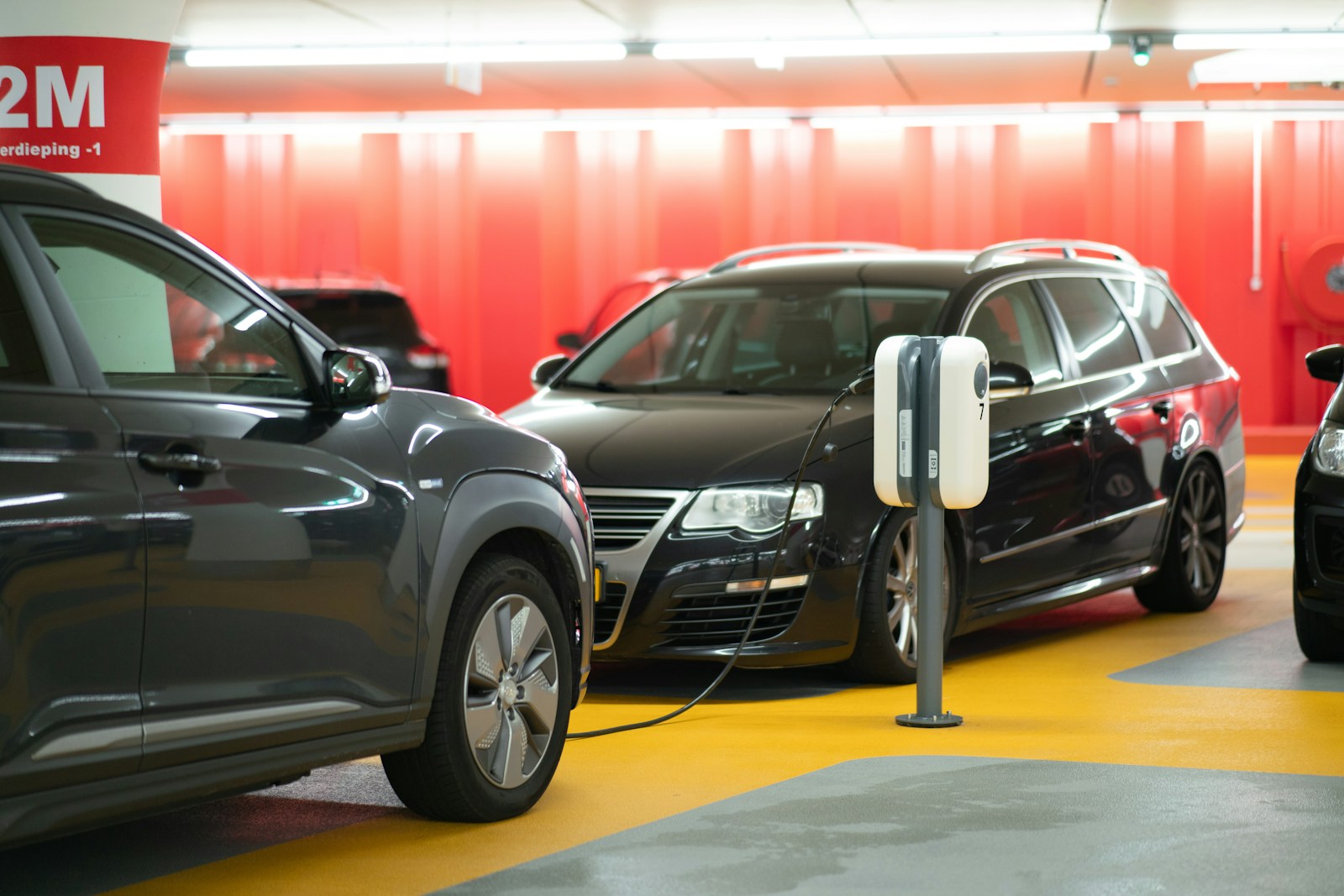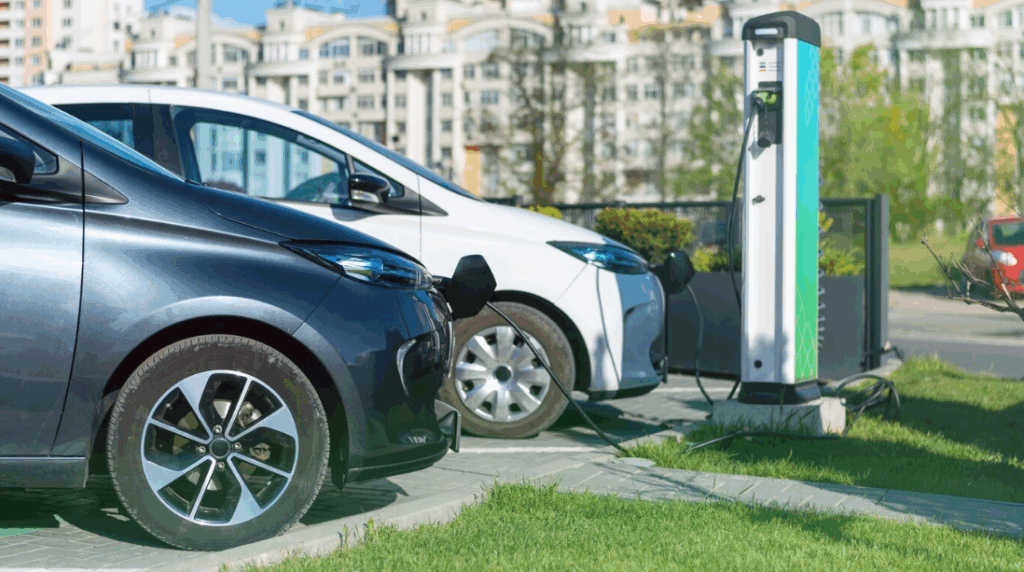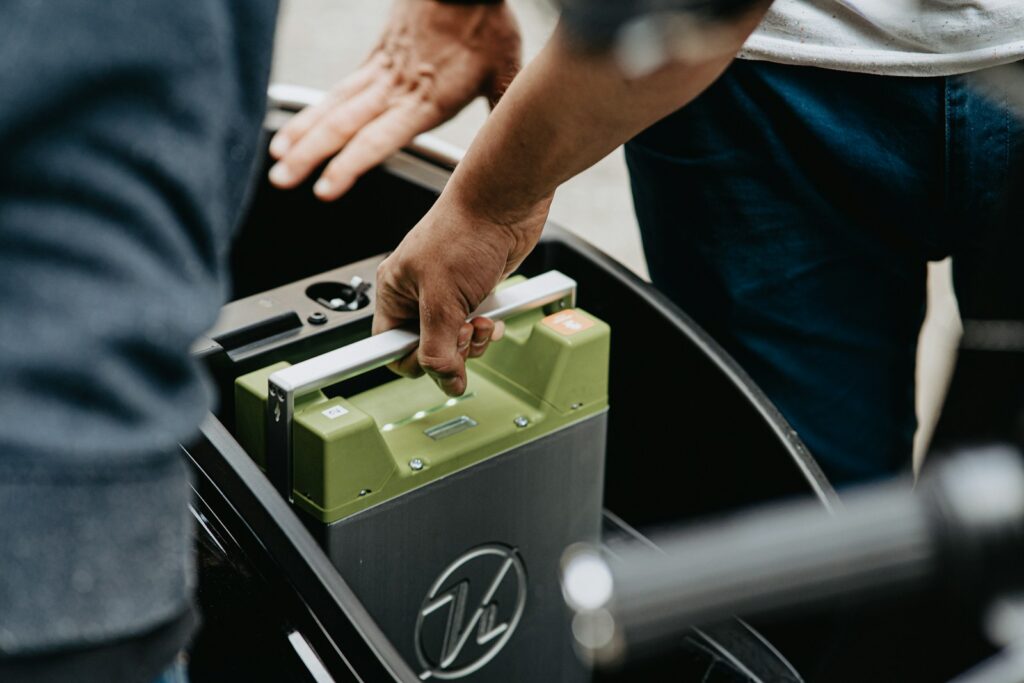The motor industry has altered so significantly, with three different forms of electrification now competing for consumer attention. Pure electric vehicle sales grew by 21% in 2024, with 381,970 new electric cars sold, and plug-in hybrid registrations grew by 18% at 167,178 units.
Old-fashioned hybrids provide better mileage without the need for charging, plug-in hybrids (PHEVs) act similarly to hybrids but have bigger batteries that you can plug in on a regular basis, and full EVs dispense with gasoline altogether. Knowledge of each technology’s advantages and disadvantages enables you to make the proper decision in the Hybrid vs Plug-In Hybrid vs Electric dilemma.
Cost Analysis and Ownership Economics
The financial picture varies significantly across all three technologies. Plug-in hybrids tend to be more expensive than hybrid vehicles, with added upfront costs that may balance out with lower fuel expenses, while PHEVs are usually cheaper than all-electric vehicles but more complicated than EVs.
Fuel and operating cost comparison:
- EPA annual fuel-cost estimates for 2024 RAV4 variants: $1,800 for gas, $1,400 for hybrid, $1,000 for plug-in hybrid
- EV repair and upkeep costs are about 40% lower than those of comparable gas vehicles
- Electric vehicles cost about $949 for upkeep, which is $330 less than gas vehicles
- All PHEVs are eligible for the $7,500 federal tax credit until September 30, when leased
Electric vehicles qualify for more rebates and incentives, and are significantly lower to drive due to lower maintenance and fuel costs, with long-term savings for high-mileage drivers. While the higher purchase prices require examination of your driving habits and ownership timeframe to determine the cost of ownership, the rationale for an electric vehicle is strong.
Read More: Jumpstarting in the Age of EVs: How to Jumpstart Hybrid Cars Safely
Range, Charging, and Real-World Performance
Ease of driving range and fueling is a primary buying decision for most consumers. Hybrids perform optimally under stop-and-go traffic and offer a smaller fuel economy gain at constant highway speeds, with PHEVs having larger batteries than regular hybrids and greater ranges and more opportunities to travel on electricity.
For daily driving, hybrids are better for city driving without charging station problems. PHEVs offer electric-only propulsion for short distances and gasoline support for longer distances. Full EVs provide the best efficiency and power but require charging planning for long distances.
A daily commuter driving 40 miles a day may operate a PHEV almost entirely on electric power, recharging it each night at home. For weekend trips, the gasoline engine provides unlimited range without the necessity of charge stops. This flexibility makes PHEVs highly compatible with mixed-use driving patterns.
Read More: EV Infrastructure Trend: Renewable Energy in Charging Networks
Choosing Your Perfect Match
Your ideal vehicle depends on some life choices more than sheer dominance. Plug-in hybrids are designed to travel electric miles as long as possible before the gas engine kicks in, so they’re well-suited for short runs with occasional long trips.
The hybrid vs plug-in hybrid vs electric choice ultimately depends on your own individual driving habits, price budget, and environmental concerns. Consider your average daily drive, charging infrastructure access, and frequency of long trips to decide which technology best fits your transportation needs.
Read More: Infotainment Wars: Android Automotive vs. the Rest



